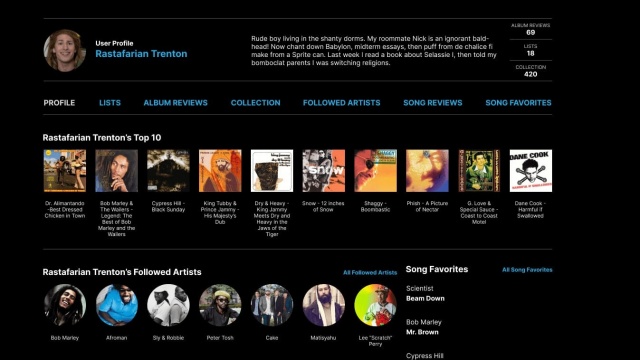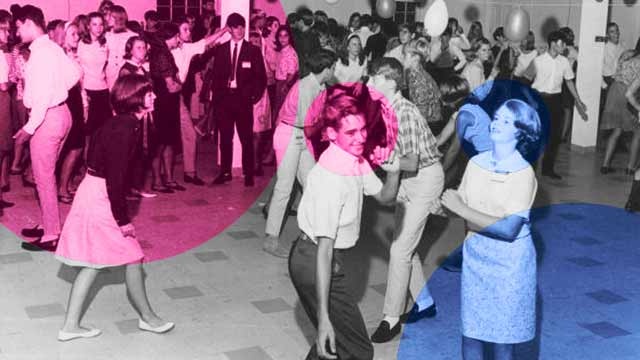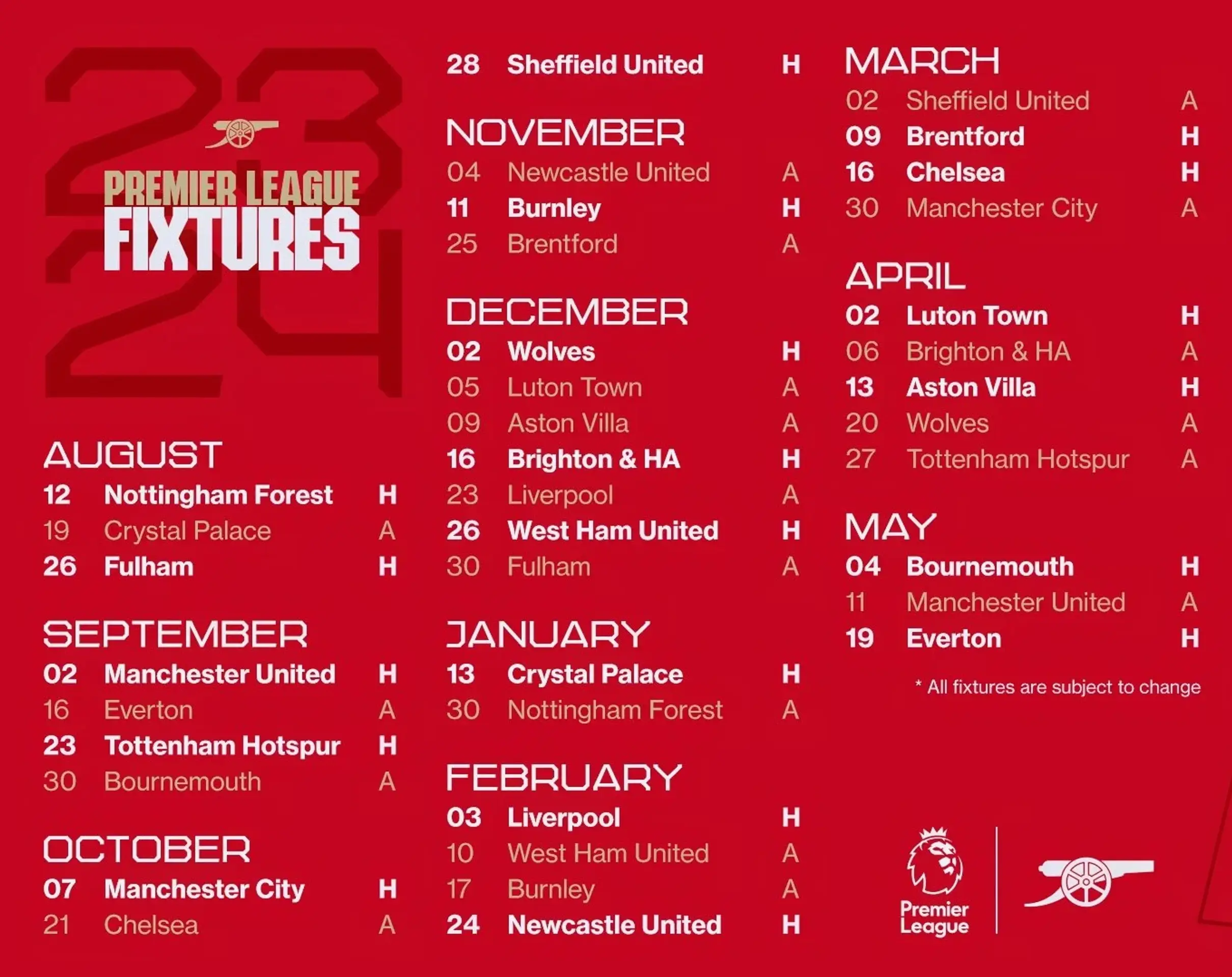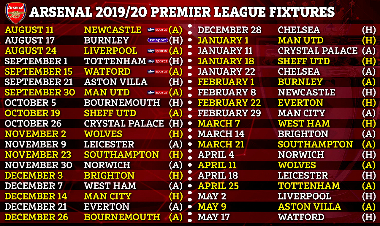The Legend Of The “Chicken Man,” The Philadelphia Crime Boss & The Inspiration Behind the Classic Folk Rock Song “Atlantic City”


Atlantic City. The birthplace of fish tacos, good times, and lore darker than a blackout at last call.
The song “Atlantic City,” originally written by Bruce Springsteen, drops us into the shoes of a young couple trying to escape poverty, dreaming of easy money and bright lights. But today, we’re not here to analyze why gambling, booze, and running from your problems go hand in hand (that’s for another time).
We’re diving into the real star of the show: the mob boss who gave this song its soul.
That iconic opening line kicks it all off:
“Well, they blew up the chicken man in Philly last night
Now they blew up his house, too”
Now, I’ve been humming that line since I was a kid, along with a healthy dose of my dad’s beer-fueled shout-alongs, and I always wondered: who the heck is this “chicken man”? Turns out, he’s a guy named Philip Testa.
According to Mobstercast Chronicles, Testa was your typical low-key, dependable kind of guy. Think the Swiss Army knife of gangsters.
Born to Sicilian immigrants and raised with old-school values: Loyalty, family first, and a strict silence code (this was a mob boss you could trust).
Testa started out as the sidekick to Angelo Bruno, the “Gentle Don,” who preferred to keep a low profile and avoid the kind of violence that makes headlines. Bruno believed in doing business the old-fashioned way. You know the basics: Illegal gambling, extortion, and racketeering. Basically, the mob’s version of “keep it simple and make a buck.” A lot of us wish we’d stuck to that instead of all the chaos and chaos crap going on now. But times change, and so do the streets.
Bruno was shot dead outside his house, and “surprise,” his driver, John Stanfa, somehow survived. That was an internal message: Loyalty in the family is everything unless you get greedy, then it’s just bullet riddled.
Now it was Philip’s turn to step up. And he wanted to keep Bruno’s old-school vibe until he saw the real money was in drugs. So naturally, Testa, the “Chicken Man,” decided to dip his toes into the dangerous, lucrative, and corrupting world of narcotics.
The nickname “Chicken Man”? Oh, that came from his legitimate poultry business. He had distribution companies, because what’s more American than legit business?
At first, it was just a cute family nickname. But then other crime families, those lovable folks, decided it was hilarious to mock him about his poultry and call him the “Chicken Man” to make fun of his “weaker” image. Cluck, cluck.
But behind the feathers, Testa was smart and discreet. His legit business helped him stay under the radar while he slowly became Philly’s top crime boss, proving that sometimes being a “good guy” with a chicken farm pays off better than chaos and violence.
Speaking of chaos, it didn’t hold. Testa’s right-hand man Nicodemo, known as “Little Nikki Scarfo,” and Peter Cassella, Testa’s underboss, started whispering about being unhappy, and you know what that leads to. Because when you got greed and power involved, people start singing a different tune. You know how that goes: Trust no one, especially when a bunch of gun-toting amateurs are involved.
And then, chaos hit. A nail bomb went off under Testa’s house, the classic “surprise gift” from some of his own guys who wanted his turf. Talk about an explosive ending to a steady guy’s story.
Scarfo, the man who masterminded the hit, quickly grabbed the throne… and things got even messier.
He was so paranoid that he started a bloodbath. Bodies dropping left and right, family tearing itself apart, and the FBI licking its chops. The mob was turned into a hot mess of greed, betrayal, and bullets, and to be honest, it was about time.
So yeah, the “Chicken Man” still lives on as an icon, proof that even guys with poultry businesses and old-fashioned values can find themselves caught up in the dark side. Although, thanks to Testa, we can bob our heads to Atlantic City and remember that even the most unlikely characters can leave a legendary mark (cluck and all).
Craving more of Atlantic City? Check out The Band’s legendary cover performed in Rockford, Illinois, in 1994:
For a deeper dive into the story of Phillip Testa, the “Chicken Man,” listen to the podcast here.The post The Legend Of The “Chicken Man,” The Philadelphia Crime Boss & The Inspiration Behind the Classic Folk Rock Song “Atlantic City” first appeared on Whiskey Riff.


























































































:format(webp)/cdn.vox-cdn.com/uploads/chorus_image/image/66321622/1206682849.jpg.0.jpg)

























:format(webp)/cdn.vox-cdn.com/uploads/chorus_image/image/67131045/1261725039.jpg.0.jpg)






































/origin-imgresizer.eurosport.com/2024/02/04/3880159-78836108-2560-1440.jpg)






















